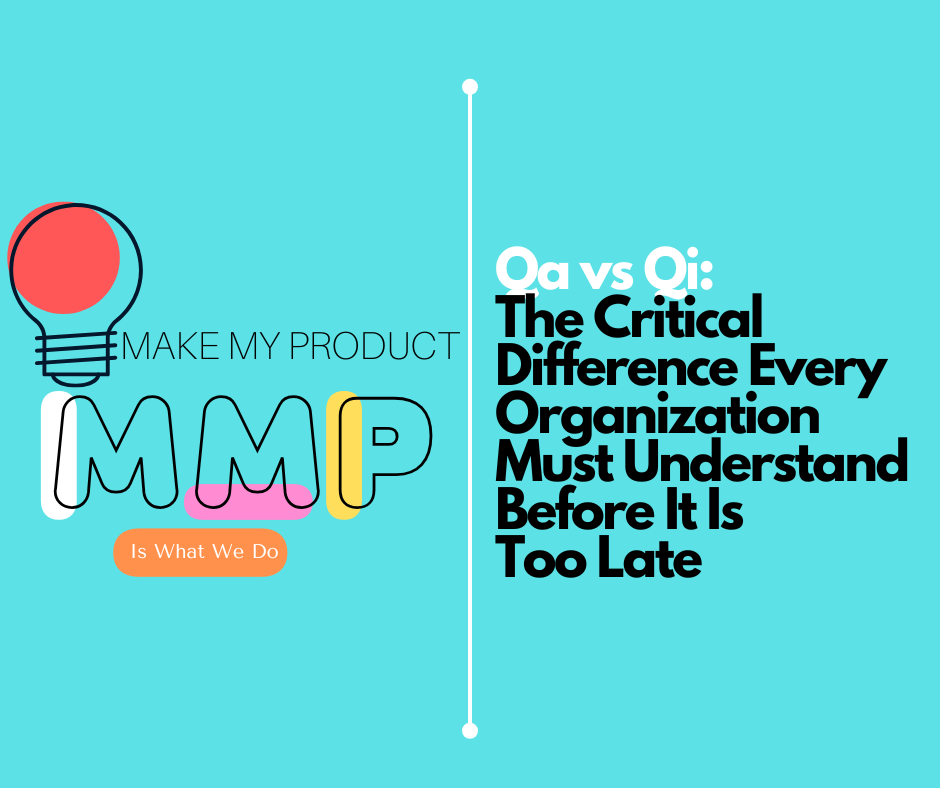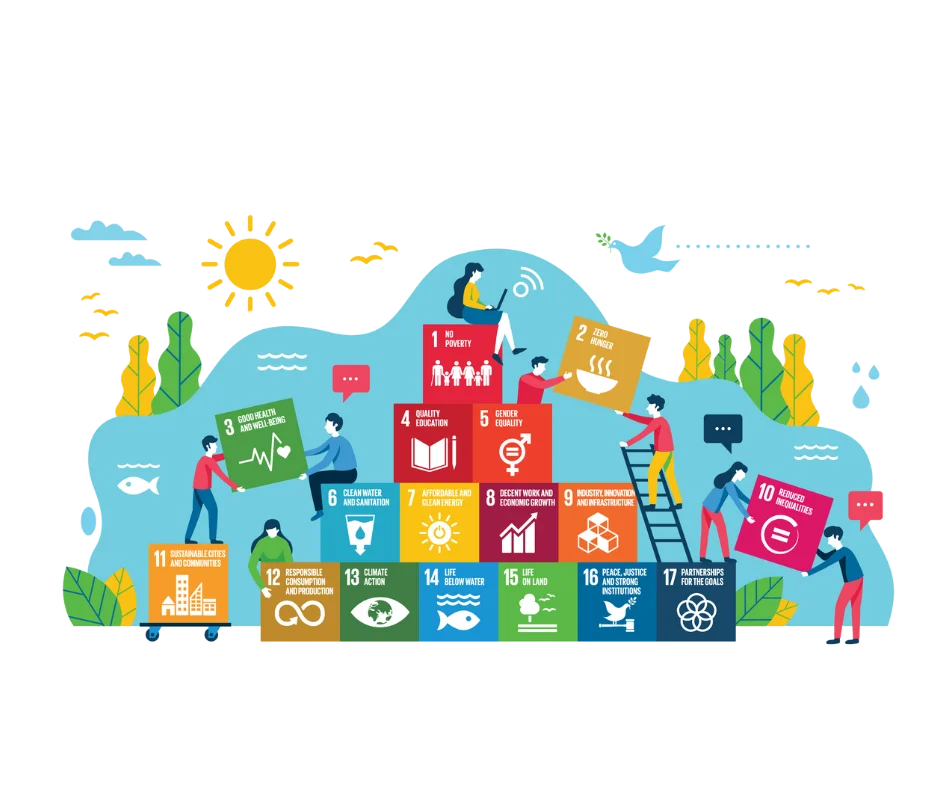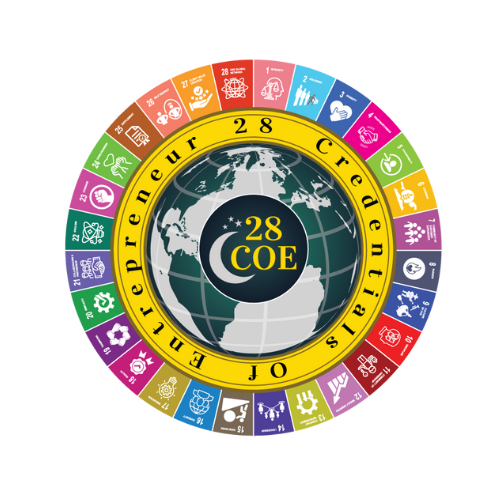The Clock is Ticking: The Ethical Urgency for Nations to Act Now
In an era where climate change has become the defining issue of our time, the concept of sustainable development is no longer optional. It is an ethical imperative. We are standing at a crossroads—one path leads to irreversible damage, and the other toward global harmony and survival. The choices nations make today will define not only their own futures but the fate of generations to come. This is not a distant problem—this is here, this is now.
What Is Sustainable Development?
Sustainable development is the commitment to progress that meets the needs of the present without compromising the ability of future generations to meet their own needs. It balances economic growth, environmental protection, and social inclusion. It’s not just a development goal—it’s a moral responsibility.
Why It Matters—Right Now
The harsh reality is that we are depleting our natural resources at an unsustainable rate. Over 70% of the Earth’s ecosystems have been degraded. Rising temperatures, mass extinctions, climate migration, and water shortages are not abstract threats—they are already altering lives, especially in vulnerable communities across Asia, Africa, and Latin America.
But there is hope.
Hope lies in ethical, immediate, and unified action. Nations must stop seeing sustainability as a policy challenge and start embracing it as a core national duty.
Ethical Responsibilities of Nations: A Call to Action
1. Adopt and Enforce Environmental Laws with Integrity
No longer can environmental laws be token gestures. Nations must implement and enforce robust regulations that curb carbon emissions, ban harmful practices, and invest in clean energy. This is not policy—it is ethics in motion.
2. Hold Corporations Accountable
Corporations contribute significantly to environmental degradation. It is the ethical responsibility of governments to regulate, monitor, and penalize corporations that harm the planet. Profit cannot come at the cost of planetary collapse.
3. Invest in Education and Awareness
Sustainability must be taught in classrooms, discussed in parliaments, and understood by citizens. If a nation fails to educate its people about sustainable practices, it fails its future.
4. Lead with Global Solidarity
Rich nations must assist developing countries by transferring green technologies, offering fair trade policies, and supporting climate finance. We live on one planet with one atmosphere. No one is immune. Helping others is no longer charity—it is survival.
5. Preserve Biodiversity as Sacred
Deforestation, poaching, and pollution are erasing our biological heritage. Nations must protect forests, wildlife, and marine ecosystems as if they are protecting their own children, because in truth, they are.
There Is No Time Left to Waste
Every second we delay, we push our world closer to irreversible collapse. Every minute of inaction is a betrayal to the children born tomorrow. This is not about saving the planet—the planet will adapt. This is about saving humanity. The ethical responsibilities of nations must be met now, not later.
We must rise. We must act. We must lead.
Let this not be a moment of regret but a moment of revival. History will remember what we choose today. Make sure it remembers us as protectors, not as destroyers.

























